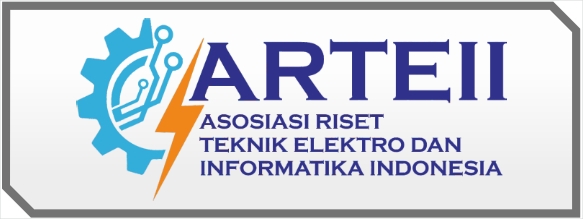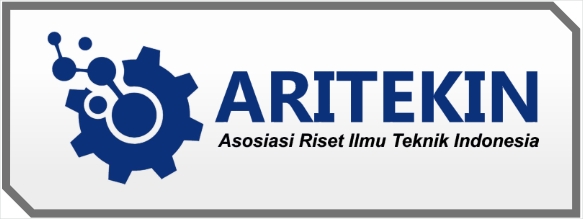Analysis Of The Family Hope Program
DOI:
https://doi.org/10.55606/icesst.v2i1.324Keywords:
Family Hope ProgramAbstract
The purpose of this study was to describe and analyze the family of hope program along with the obstacles in the family of hope program in Sidoarjo Regency. This research is based on the problem of assistants who carry out socialization only once every three months and there are There are still many PKH recipients who do not understand their rights and obligations. The method used is qualitative research. The data collection technique is by means of in-depth interviews, observations and relevant literature studies with one key informant, namely the Village PKH assistant and four supporting informants including the District PKH coordinator, village secretary, and PKH assistance recipient communities. The analysis technique in this The study uses a qualitative type that refers to the theory of Miles and Huberman. The results showed that the analysis of the family of hope program in Sidoarjo, namely, first, the achievement of goals. The achievement measure is said to have not been achieved because the targets for accepting PKH members are still not on target and the process of managing the aid index for PKH recipients is still not right. The second is integration, the size of integration is said to be not right because there has been no delivery of skills for PKH members in socializing with PKH facilitators. Third, adaptation, PKH facilitators are sufficient good and can adapt to PKH members and their environment.
References
Suharno. (2010). Basics of Public Policy. Yogyaarta: UNY Press.
Sarman, M and Sagogyo. (2000). Poverty Alleviation Problems. Jakarta: Puspa Swara
Winanro, B. (2017). Public Policy Theory and Process. Yogyakarta: Media Pressindo
Sugiyono. (2012). Quantitative Qualitative Research Methods and R and D. Bandung: Alfabeta.
Meleow. (2012). Qualitative Research Methodology. Twentieth Printing (Revised Edition) October 2007. Bandung: Rosdakarya Youth.
Bungin, B. (2012). Qualitative Research Data Analysis. Jakarta: Raja Grafindo Persada.
Miles, B. M. (2014). Qualitative Data Sourcebook on New Methods. Jakarta: UIP.
Siagian, S. P. (2018). Human Resource Management. Jakarta: Binapura Aksara.
Law Number 11 of 2009 and Presidential Regulation Number 15 of 2010 regarding the Acceleration of Poverty Reduction
Saputra, Y., & Sujianto, S. (2017). Management of the Family Hope Program (PKH) in Tembilahan District, Indragiri Hilir Regency (Doctoral dissertation, Riau University).
Rahayu, R., Kusrin, K., & Purnamasari, H. (2021). Family Hope in Effort Program Poverty Alleviation in Cibuaya District, Karawang Regency. Dynamics: Journal Public Administration Science, 8(1), 192-207.
Najidah, N., & Lestari, H. (2019). Effectiveness of the Family Hope Program (Pkh) in Subdistricts Rowosari, Tembalang District, Semarang City. Journal of Public Policy and Management Review, 8(2), 69-87.
Lestari, D. S., & Sukmana, H. (2020). Analysis of the Family Hope Program in Sidoarjo Regency. Indonesian Journal of Public Policy Review, 9, 10-21070.















